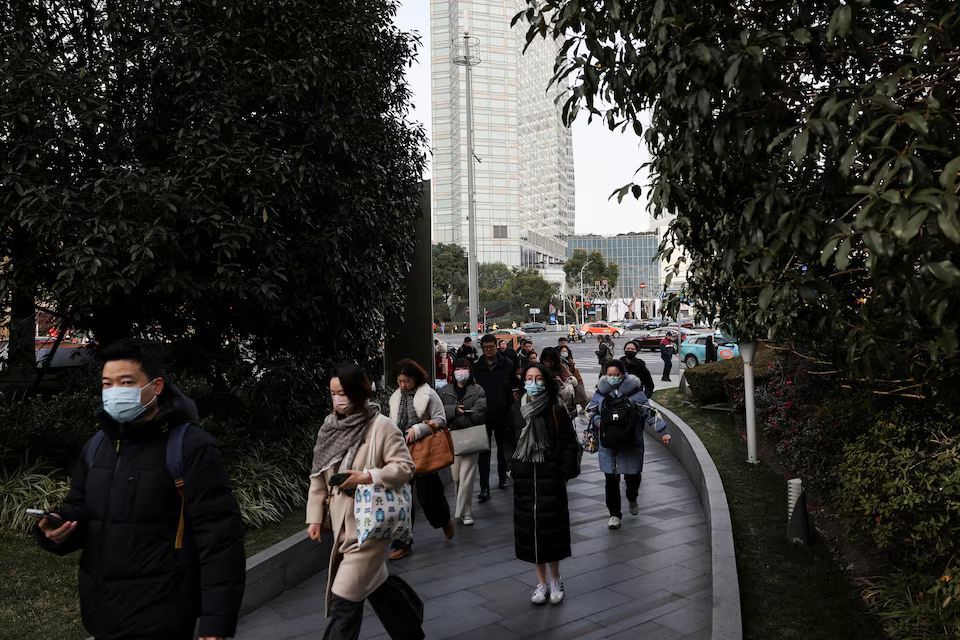Workers at Toyota’s Brazilian operations have voted overwhelmingly to approve a temporary layoff plan after a storm forced the carmaker to halt production at one of its key plants in São Paulo state, according to the Metalworkers’ Union of Sorocaba.
The union said more than 96 per cent of participating workers backed the measure in a ballot held on Sunday. Out of 4,492 employees eligible to vote, 3,709 cast ballots. The plan is intended to safeguard jobs and preserve income while Toyota addresses damage to its Porto Feliz engine factory.
On 22 September, heavy rains and winds struck the region, damaging the Porto Feliz site. The facility manufactures engines that supply Toyota’s Sorocaba plant, where the Yaris, Corolla and Corolla Cross models are produced. The storm damage forced Toyota to suspend operations both at Porto Feliz and at Sorocaba.
In a statement, the union explained that workers will first take a 20-day emergency vacation period starting on Wednesday. From 21 October, temporary layoffs will begin and can be extended on a monthly basis for up to 150 days. The agreement also guarantees that employees earning a gross salary of up to 10,000 reais — about $1,870 — will continue to be paid in full during the layoff period.
Toyota confirmed the scale of the disruption. The company said on Sunday that it continues to evaluate damage at Porto Feliz and warned it may take “months” before operations can resume. “Given this situation, the company is seeking alternative engine suppliers from Toyota units in other countries, with the goal of resuming vehicle production at the Sorocaba and Indaiatuba plants,” the company said.
The stoppage highlights the vulnerability of complex production chains when a single facility is taken offline. Porto Feliz, which opened in 2016, is a strategic engine plant for Toyota’s Brazilian operations and feeds directly into assembly at Sorocaba and Indaiatuba. With production at Porto Feliz halted indefinitely, Toyota has been forced to source engines abroad to keep its assembly lines running.
The layoff plan was negotiated in recent days between Toyota management and the Metalworkers’ Union, which represents employees in Sorocaba and surrounding areas. The union emphasised that the scheme was designed to “protect jobs and the income of workers” during the interruption. According to union leaders, the decisive approval reflected workers’ concerns about job stability as well as confidence in the agreement reached with the company.
The measure provides legal cover for Toyota to suspend contracts temporarily while preserving ties to its workforce. Brazil’s labour framework allows for such arrangements during periods of crisis or restructuring, provided unions and companies negotiate terms to protect workers’ rights. In this case, the union said maintaining pay levels for lower- and mid-income employees was a central condition.
The storm disruption comes at a time when Brazil’s automotive sector is still contending with uneven demand and periodic supply shortages. While Toyota has maintained a strong presence in the Brazilian market, production interruptions at key plants have broader implications for suppliers and the local economy. The Porto Feliz and Sorocaba facilities are important employers in São Paulo state, a hub of the country’s auto industry.
For now, Toyota has not disclosed the exact extent of the damage at Porto Feliz beyond confirming that repairs will take months. Analysts said the company’s efforts to secure engines from overseas plants show the importance of restoring production at Sorocaba and Indaiatuba quickly to meet domestic demand and preserve export commitments.
The approved layoff arrangement provides a measure of stability while Toyota works on repairs. However, the length of the disruption will determine how deeply the company’s Brazilian operations are affected. If the Porto Feliz plant remains offline for longer than expected, Toyota could face higher costs from importing engines and potential production bottlenecks.
The union has left open the possibility of extending the layoff programme for up to 150 days if needed. For workers, the agreement ensures income security in the short term, though uncertainty remains about how long it will take for normal operations to resume.




















